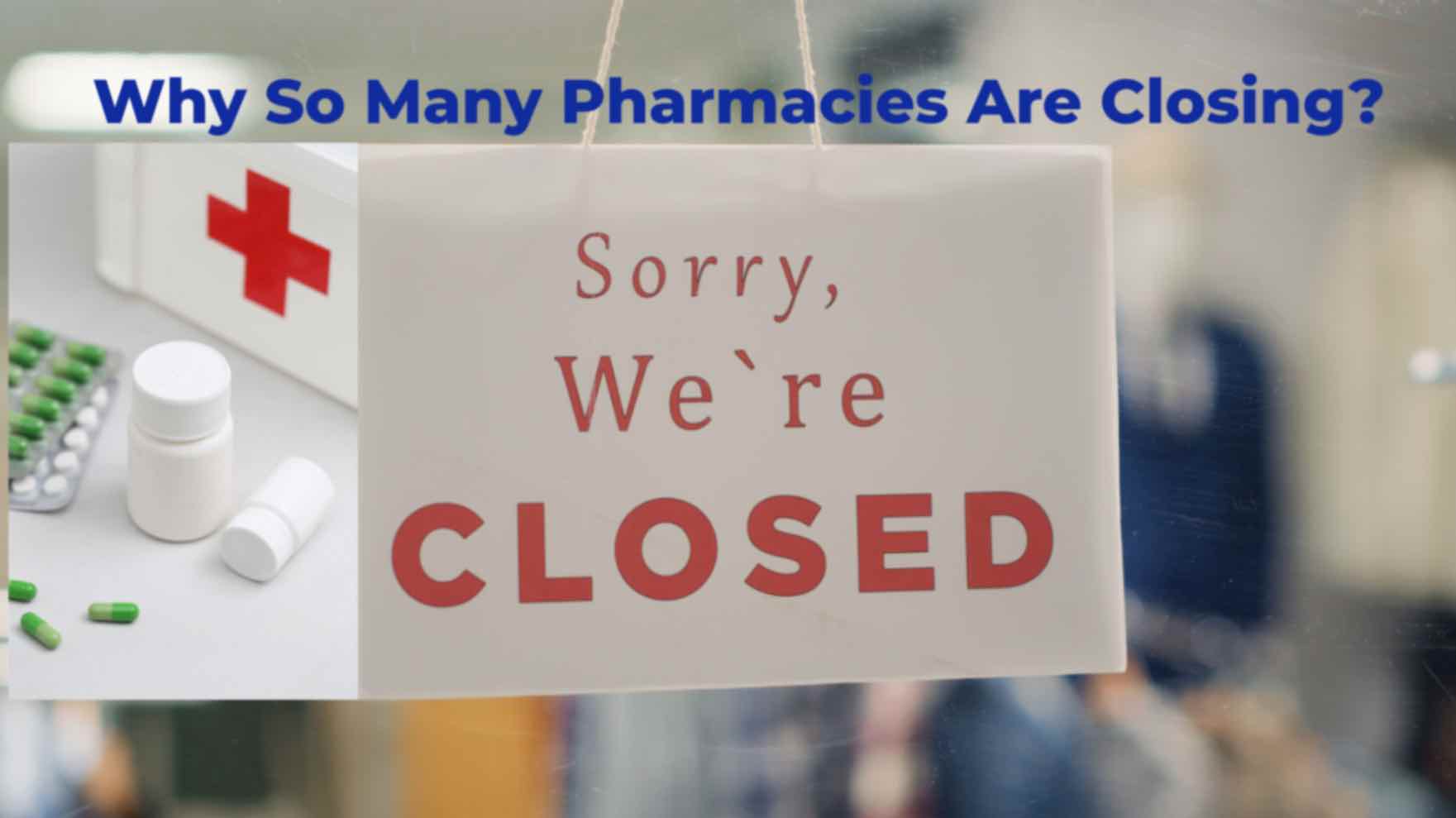There are many reasons, but according to pharmacists, a major problem is that insurance companies have too much control.
Pharmacists say that insurance companies don’t reimburse them properly after they fill a patient’s prescription.
As a result, pharmacies are facing huge losses because of reimbursements that are much lower than the cost of the prescriptions.
Why Is This Important?
Last week, Walgreens announced that it will be closing about 25% of its 8,600 stores that are not profitable.
“We are at a point where the current pharmacy model is not sustainable,” says Walgreens CEO, Tim Wentworth in a recent interview with the Wall Street Journal.
Other drug store chains are also feeling the pinch. For example, Rite Aid filed for bankruptcy last year and will close 500 stores this year.
Changing Trends
Drug store chains are struggling because of falling reimbursement rates for prescription drugs, according to analysts who cover the industry.
Most of the sales at a typical drug store come from filling prescriptions. If they are not covering the actual cost of the drugs, then eventually the store comes up short.
Pharmacy Benefit Managers, or PBMs, which are hired by insurance companies dictate where patients can go to get their prescriptions filled. This is called “patient steering.”
Or the patient may be required to get prescriptions filled by mail.
Small Community Pharmacies Struggle
Some patients would prefer to go to a small, independent pharmacy for convenience or personalized service. However, these current trends make it extremely difficult for those small, independent pharmacies to survive.
If a patient chooses to go to a third-party pharmacy to fill a prescription, insurance companies often short-change that pharmacy by not reimbursing them fully for the medication.
According to a recent survey from the National Community Pharmacists Association (NCPA), 99 percent of those who responded say their prescription reimbursements have gone down since new rules took effect on Jan. 1.
More than half say that insurance plans and their PBMs are reimbursing less than the cost to purchase the drug for at least 3 of every 10 prescriptions they fill.
When asked which PBMs are causing the most Medicare Part D financial stress, Express Scripts and CVS/Caremark were the top two.
New rules for Medicare and Medicaid that came into effect this year are also breaking the backs of small pharmacies.
Over half of pharmacy owners say they are losing money on over 60 percent of the Medicare Part D prescriptions they fill when the other costs of running a pharmacy, like rent, taxes, utilities and payroll, are added in.
As a result, 93% of small pharmacy owners say that they would be less willing to be part of the Medicare Part D network in 2025.
Over 92% are taking steps to avoid going out of business, including reducing inventory of high-cost drugs, cutting staff, and dipping into savings.
Effects on Patients
There is a record number of pharmacies closing in what has become a very brutal and competitive market.
The loss of a retail pharmacy can be a problem, especially for lower-income households.
When pharmacies close, some patients have to travel farther to get the medications they need.
Researchers find pharmacy closures lead to health risks such as older adults failing to take medication.
Small pharmacies are taking a big hit; however, large companies like Walgreens and Rite Aid are also closing doors and cutting back on services. Until there is a reform of healthcare, no one is immune in the current tough environment to survive.
In the end, customers will feel the impact the most.

Thank you, You will be automatically subscribed to the our newsletter.